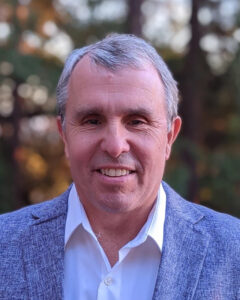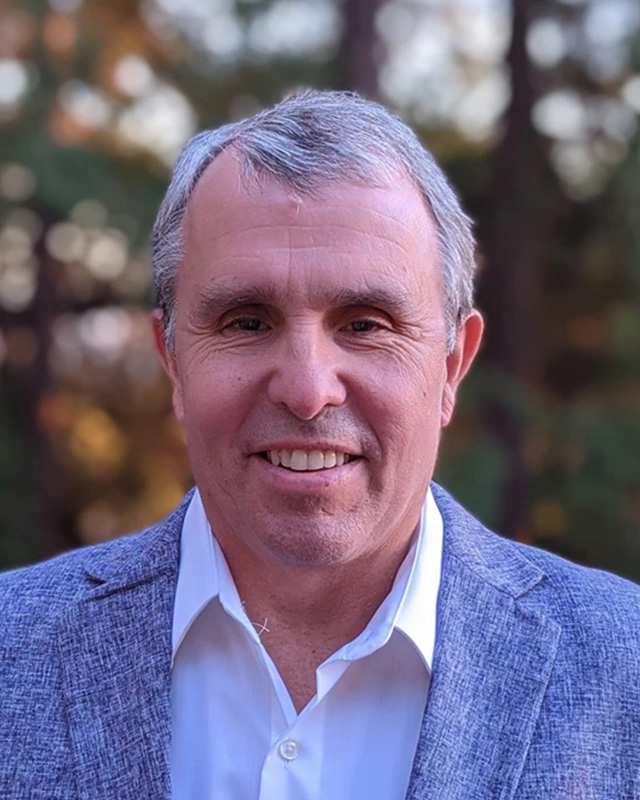Eric Betzig, the 2014 Nobel laureate in chemistry, will visit the University of Georgia on March 25.

Betzig, professor of molecular and cell biology and Eugene D. Commins Presidential Chair in Experimental Physics at the University of California, Berkeley, will give two public presentations hosted by departments in the Franklin College of Arts and Sciences.
Betzig, also a Senior Fellow at the Janelia Research Campus and an Investigator of the Howard Hughes Medical Institute at UC, Berkeley, was awarded the 2014 Nobel Prize in Chemistry jointly with Stefan W. Hell and William E. Moerner “for the development of super-resolved fluorescence microscopy.”
The UGA departments of chemistry and biochemistry and molecular biology will host a talk by Betzig at 10:20 a.m. on March 25 in Room 1218 of the ISTEM2 Building, “New Windows into the Secret Lives of Cells.” The talk will trace the evolution of visualizing biological discovery, from the artistic rendering of the 17th century to optical microscopy in the 20th century and the explosion of computer-aided technologies that continue to reveal an intricate and beautiful world. A reception will follow the talk in the ISTEM2 second floor common area.
At 4 p.m. in Room 202 of the Physics Building, the department of physics and astronomy will host Betzig’s lecture, “All Things Great and Small: Historical Connections Between Astronomy and Microscopy.” In this talk, Betzig will describe how the quest to study distant bodies in space has impacted the see and understand the most minute phenomena back on Earth. A reception will follow the talk in the Physics lobby.
“It is a wonderful honor for the university to host such an innovate thinker and inventor who blends a love for science with an inspiring personal story and historical perspective on the power of discovery,” said Yohannes Abate, Susan Dasher and Charles Dasher MD Professor of Physics and host for Betzig’s visit. “His work embodies some of the most advanced innovations and insights that combine physics, chemistry and engineering with the life sciences and even astronomy. I am confident that both of his talks will appeal to a wide audience across the university community.”
Both events are free, and the public is invited to attend.


